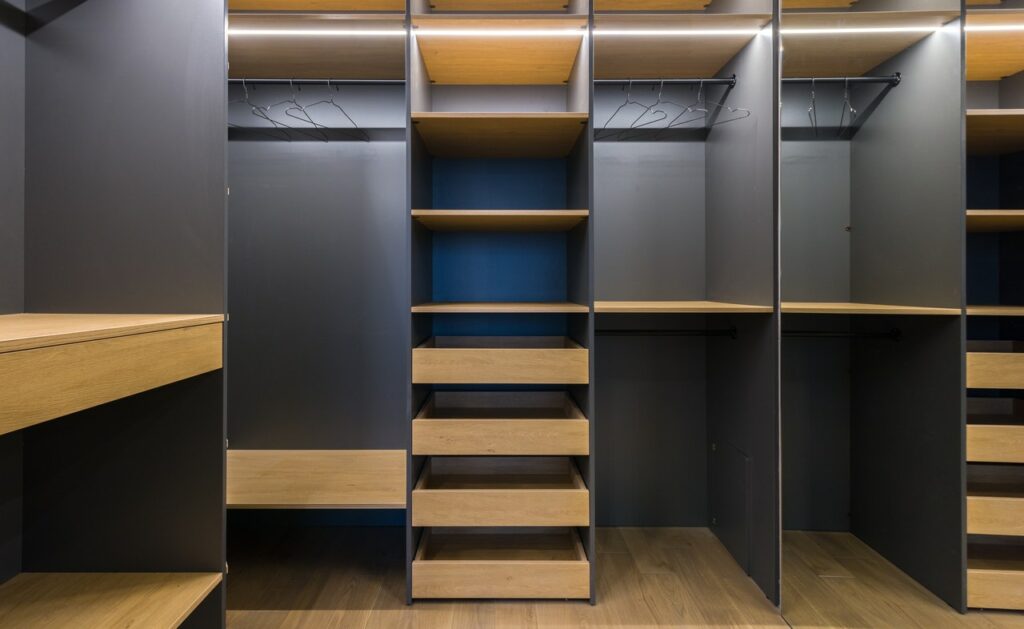Storage and sustainability will remain key areas of focus within the furnishings industry in the year ahead, says new data from Euromonitor International.
According to its latest report on Home Furnishings in the UK for 2022, retail value sales rose by 2% to £23.5bn, with indoor living the best performing category – also showing an uptick of 2% growth in value terms.
Euromonitor International, a provider of global business intelligence, market analysis and consumer insights, forecasts retail sales to increase 4% over the next five years to around £29.1bn in 2027.
Detailed within its report, and despite overall declining volume of sales, mattresses witnessed a strong premiumisation trend in 2022 as “high-income consumers were less affected by inflation and income pressures”.
“This trend towards premium mattresses also allowed another trend to flourish – sustainability. Vegan mattresses – those made without using animal products – proved to be popular in 2022,” Brando Coleman, Research Analyst at Euromonitor International, said. “Similarly, ‘eco-friendly’ and ‘organic’ are increasingly popular claims in mattresses.”
Sustainability across the furnishings sector is expected to continue to be a key driver among consumers.
Brando continued: “Home furnishings in the UK is experiencing a shift towards sustainability and eco-friendliness. Local consumers are increasingly aware of their environmental impact and are seeking to reduce their carbon footprint by making more eco-friendly purchases. As a result, players that offer sustainable and eco-friendly home furnishings are poised for success.
“Sustainable and eco-friendly home furnishings include furniture made from recycled or sustainable materials, such as reclaimed wood, bamboo, or cork, as well as sustainable textiles, such as organic cotton, linen, or hemp. Furthermore, certifications, like Forest Stewardship Council (FSC), and initiatives will increasingly influence consumers’ purchasing decisions over the forecast period as sustainability concerns intensify.”
Another key area of expected growth is within storage. “Amid increasing cost-of-living pressures and urbanisation, local consumers are increasingly living in smaller homes and apartments. As such, over the forecast period, sales of suitable storage furniture are set to increase,” Brando said.
“Ongoing remote working and hybrid models will also further contribute to this trend, since having a workspace eats into the already limited living space of many local households. This effect will also trickle down into sofas, with some sofas now incorporating hidden storage space.”
Also highlighted within the report is the continued strong performance of online shopping. While value sales of home furnishings marginally declined via e-commerce in 2022, they remained significantly higher than pre-pandemic levels.
“The channel remained a relevant distribution channel in the UK, and encouraged retailers to further improve their digital presence,” Brando added. “This was due to consumers’ growing preference for online shopping because of its convenience, and as a result, retailers have been deploying strategies to adapt and invest in their online infrastructure to remain competitive.
“This has led to the development of more user-friendly websites and mobile apps, as well as the implementation of new technologies such as augmented reality (AR) and virtual reality (VR) to enhance the online shopping experience.”
For more information on the report, visit www.euromonitor.com















